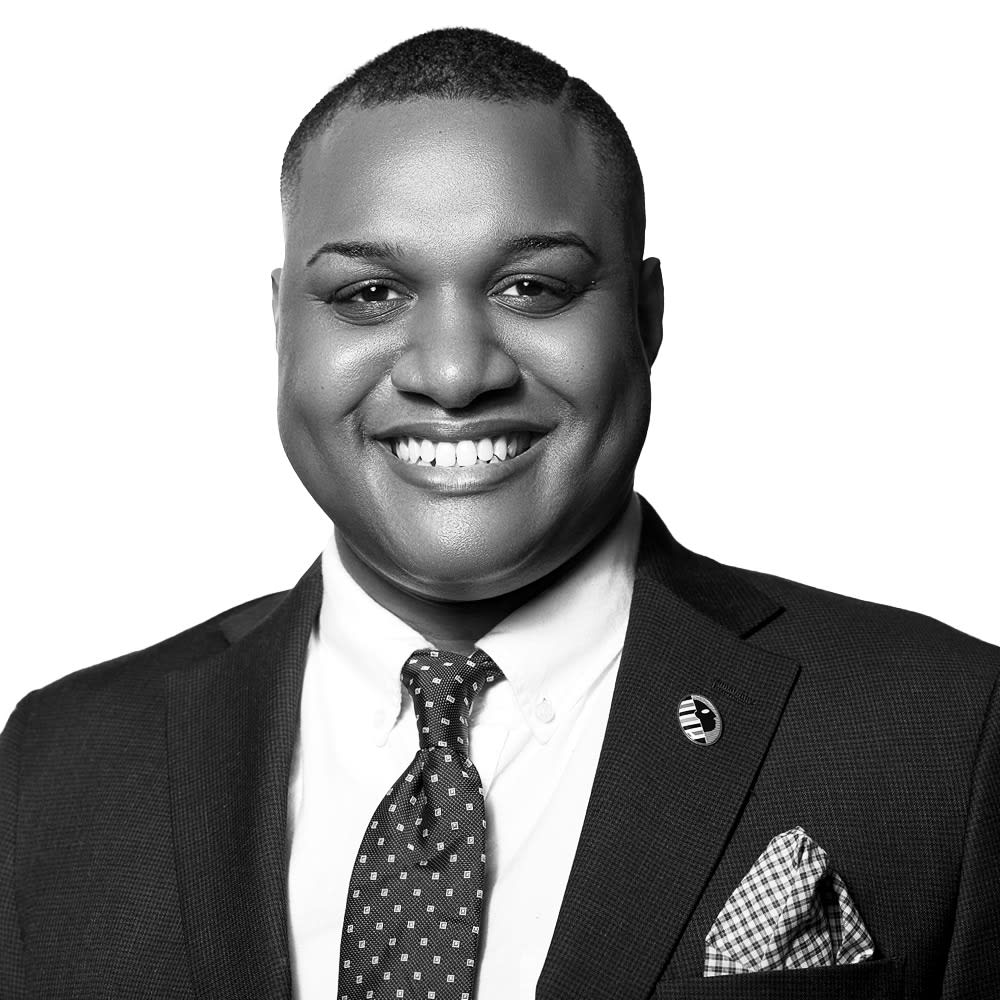Amid an unprecedented act of violence during the 2022 Academy Awards, there was one man who presented himself as a symbol of peace.
“I did not know that this was going to be the most exciting Oscars ever,” Sean “Diddy” Combs said just moments after Will Smith slapped Chris Rock during the live telecast. “OK, Will and Chris—we’re going to solve that like family at [Beyoncé and JAY-Z’s] Gold party. But right now we’re moving on with love.”
It wasn’t a surprise to see Diddy trying to play healer. For years, the hip-hop mogul had positioned himself as someone reflective, thoughtful, and compassionate.
“I’m just not who I am before,” he announced when he turned 48 in 2017. “I’m someone different. So my new name is Love, aka Brother Love.”
But over the past several weeks, “Brother Love” appears to be someone quite the opposite.
On Wednesday, Diddy and Harve Pierre, the former president of Bad Boy Entertainment, were accused of gang-raping a 17-year-old high school junior in 2003. This lawsuit follows three other recent cases that accused Diddy of sexual misconduct—including one filed by his ex-girlfriend Cassandra “Cassie” Ventura, who accused him of beating her and forcing her to be intimate with male sex workers. He and Ventura reached a settlement.
Following the latest lawsuit, Diddy finally broke his silence and vehemently denied the ongoing allegations in a highly criticized statement that claimed his accusers are “looking for a quick payday.”
“Let me be absolutely clear: I did not do any of the awful things being alleged. I will fight for my name, my family and for the truth,” he posted on his social media accounts on Wednesday, noting how he’s “silently” watched while “people try to assassinate my character, destroy my reputation, and my legacy.”
The Diddy doth protest too much, methinks.
As the author of The Case for Cancel Culture, I can say that Diddy is a classic case. He recently stepped down as the chairman of music media outlet Revolt, and parted ways with Capital Prep Harlem, the charter school he opened in 2016. His partnership with popular liquor brand Diageo is now in further shambles, and the likelihood of his recent Grammy-nominated album The Love Album: Off the Grid winning is all but dead.
This is an astonishing fall from grace for a man who’s built a career off the persona of being a fun-loving, positive-vibes-only success story. Growing up as a Black millennial, I saw Diddy as the embodiment of a successful Black man who was confident, business-savvy, and fashionably cool. Back then, there weren’t too many Black multimillionaires in hip-hop who embraced their wealth and influence as much as him. He had platinum-selling hits, threw epic parties, and had a fashion label.
For young Black men like myself, Diddy was a model of achievement in a world that often criminalizes and demonizes darker-skinned Black men who look like him.
Unlike his other hip-hop mogul peers, he leaned into a nice-guy charm that included being a devout father, mentor, and coach for up-and-coming talent. He donated to Howard University, his HBCU alma mater. He produced inspirational documentaries, and made young artists’s dreams come true with record deals. He encouraged his children to step into the spotlight, making his recent Global Icon Award acceptance speech at the 2023 VMAs a family affair.
Whereas we witnessed the downfall of now-disgraced Def Jam exec Russell Simmons, or saw how Dr. Dre was tainted by past allegations of domestic abuse, Diddy appeared to be above that level of public scrutiny. Sure, he had his fair share of confrontational beefs with industry rivals (including his involvement in a 1999 NYC club shooting, his scuffle with J. Cole, and possibly punching Drake), but nothing like what we’re hearing about him now.
I grew up seeing Diddy as a man who in some cases had a sketchy past with how he managed his artists (MTV’s early-aughts reality show Making the Band was a textbook example), but whose life and career was wholly aspirational. Seeing how so many people in the industry are now coming out of the woodwork to share stories of how allegedly abusive he’s been has made me view his legacy as a facade—a fraudulent attempt to divorce himself from any true image of the man others have known him to be.
And Diddy’s tasteless, defensive statement on Wednesday implied more than what he could have possibly imagined.
There he was, fixated more on repairing his reputation than actually addressing the severity of the allegations launched against him. Perhaps it would have been better to let his lawyer talk—then at least we wouldn’t have to hear the middle-aged rapper sound unhinged. Instead, we were given a glimpse into an ego-obsessed celebrity. There was no “love,” and above all, no accountability in his response—just a rich man who sounded like he was wronged and had an ax to grind.
As the saying goes, if you live long enough, you’ll see your heroes become villains.
I just saw another one bite the dust. Damn.









